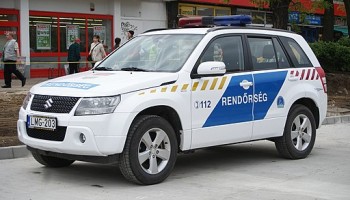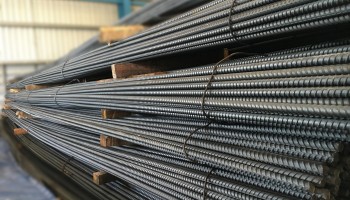According to the Statistical Office of Serbia, it is difficult to determine the exact amount of economic production that goes untaxed, since only estimates exist of total production in the country. The most significant way in which the Serbian state budget is cheated out of tax money is through businesses reporting lower earnings while exaggerating production costs.
In a 2010 survey the Serbian Association of Employers and the Social and Economic Council asked 227 businesses about the sources and consequences of the underground economy. More than half of the correspondents cited sales via illegal advertising as the worst way some companies gained an unfair advantage. The second most cited complaint was undocumented sales on open markets, and a close third was sales in undocumented stores. Ilegal door-to-door sales and improvised street stands also were cited as methods of gaining unfair advantage.
The respondents said it is easier to find workers willing to work at businesses which avoid paying taxes and worker benefits, as these businesses offer higher pay than those which operate legally.
When asked what allowed for the survival of the Serbian informal economic sector, 46.70 percent of the respondents pointed to the inefficiency of economic and financial inspection, followed by the lack of political will to deal with the underground economy. Respondents also cited insufficient response from the police.





